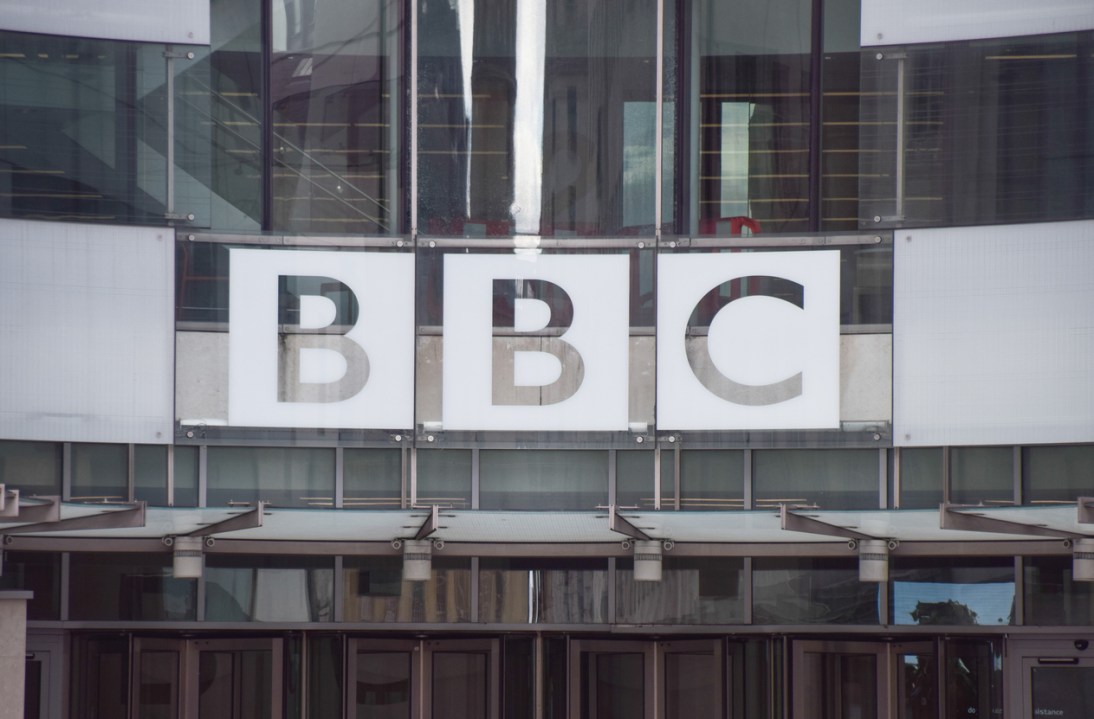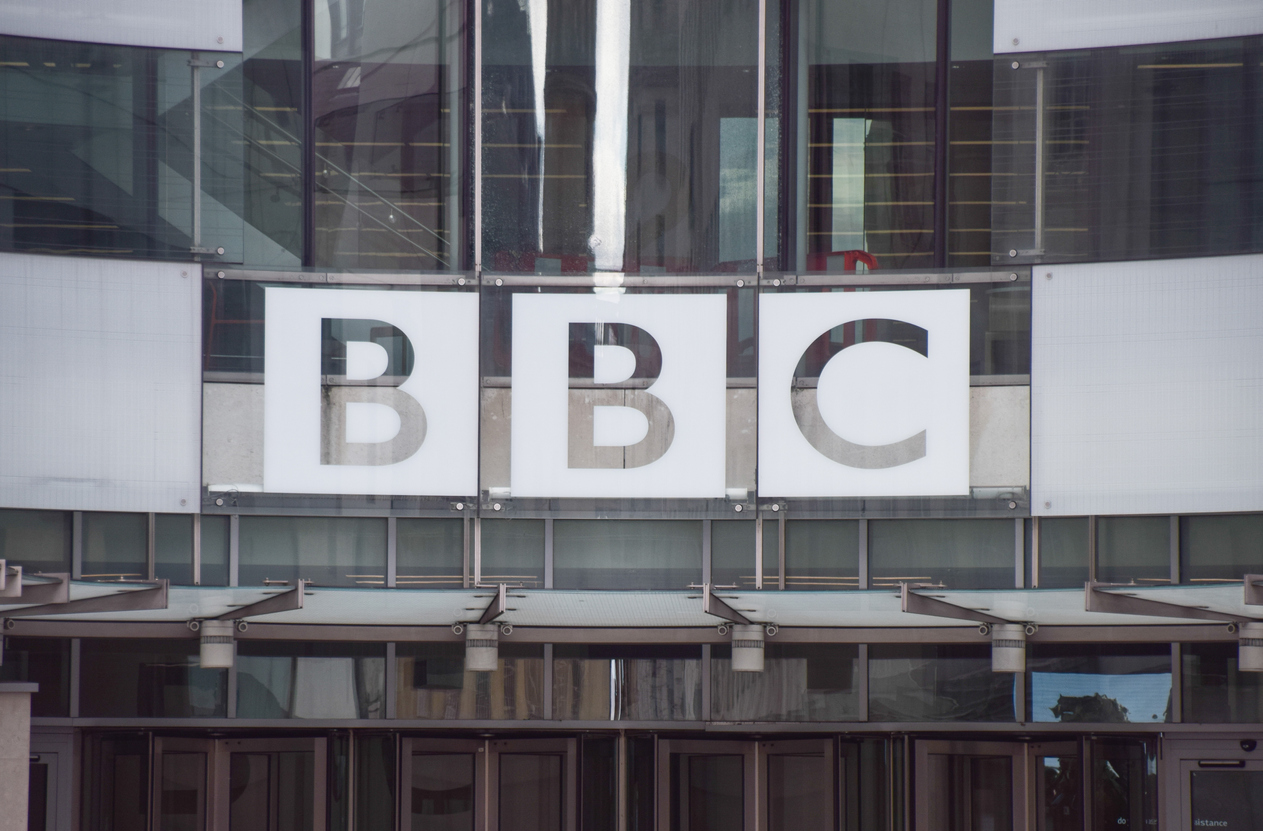So, the figures are in. The total weekly audience for BBC Radio 2 has dropped by a million in the last three months. Those are the three months, significantly, since the somewhat rushed and awkward departure of its biggest draw, the immaculate and imperturbable Ken Bruce.
Radio 4 has likewise managed to lose 1.3 million more listeners in the last year. And television? The BBC’s terrestrial audience is heading down the pan too, with BBC1 losing 12 per cent of viewers in the last five years, and ‘sales volumes’ of the TV licence, according to the recent statement from the Television Licence Fee Trust, falling by about two million over roughly the same period.
Destruction of a brand takes determination, and time. You have to really put in the hours
As I wrote earlier this year, the BBC’s casual tinkering and tampering with something as precious to them – let alone to us the listeners – as Ken Bruce’s contract was a sign of something having gone very wrong there. Ken Bruce would never be so ungentlemanly as to openly exult at these latest figures, but I hope when he saw them he did a private little jig, because it serves them bloody well right.
Yes, admittedly, there is a changing technological backdrop, with the way we consume radio and TV unrecognisable even from a few years ago, and a vastly increased array of what I suppose we must call ‘content’. Individual audience figures are starkly down across the board. We rarely congregate around anything in large numbers any longer. Just 213 TV shows got an audience of six million or more viewers last year, on any platform. I can remember a time in TV, not so very long ago, when getting anything much below about ten million in a prime-time evening slot was a disaster. Aspirins were gulped, eyes were cast at the carpet, teeth chattered, browsers strayed towards job ad pages.
Technology, inevitably, alters how we relate to TV and radio as mass mediums. There is not so much of the ‘mass’ in these mediums nowadays, and this further atomises us and puts us into little bubbles and silos, which is very much not what is needed in our culturally divided times.
But rather than resisting and holding on to their treasures (such as Bruce) like precious spars of driftwood after a wreck, the BBC – and, let’s not forget, ITV who have done much the same – have thoughtlessly scattered them to the winds.
They had the power – some romantic souls might even say the duty – to keep the country united, instead of being dazzled by fashionable guff. Instead, they folded like crinkly old fivers before the ideology of The Age Of Stupid – the esoteric intersectional, identity-addled grievance culture imported from American academia – with disheartening rapidity. Worse, they ran towards it with enthusiasm. In a very short period, the mainstream British broadcasters capitulated before this wave of posturing nonsense, in everything from quiz shows (University Challenge, with its daft and dumbed-down ‘inclusive’ questions) to sport (the anodyne, patronising ‘Well done, you!’ fawning over women’s football) to drama (the endless World on Fire-style dramas with their polytechnic politics). It’s interesting to note the explosion of true crime dramas of late; the only genre where programme makers can get away with writing and casting that reflects reality rather than a Camden Council diversity pamphlet.
As anybody sensible could have told them, their current approach might be reasonable in literary fiction or fringe theatre, but for a mass medium it spells swift ruination. Technological change acts as a handy excuse – ‘it’s the computers, you see’ – for the dizzying speed at which the mass audience has been alienated.
The terrestrial broadcasters, as trusted and long-established brands, could have held firm and been the bedrock we desperately needed in an unsettling era. Instead they chased the youth market, not by making better shows and aiming for excellence, but by indulging the tickbox delusions of HR departments. They have mistaken a thin slice of upper middle class youth – the ones who stand outside the uni library at 8:45 am waiting for it to open – for all young people. All of that effort to attract the kids, and they still aren’t interested.
Destruction of a brand takes determination, and time. You have to really put in the hours. The BBC News front page was always my first port of call and my personal internet homepage, instinctively, since 1996. It was the still centre to return to when the surrounding madness howled too loudly. And, eventually, they trashed all of that goodwill. The decline of the BBC is a constant reminder that the British institutions that we most valued and trusted turned out, in fact, to have been erected on the weakest and most shifting of sands.
Round and round we go. John Whittingdale recently told the Commons that, ‘We should look at possible alternative sources of funding for the BBC in the longer term – that will be the focus of the (forthcoming) funding review.’
I’ve been hearing such statements since at least 1979. (Nadine Dorries dropped some especially bloodcurdling ones only last year, and look what happened to her.) The figures will keep falling, the threats will keep coming, and nothing dramatic will happen. There will only be more of this lingering, agonising death.








Comments